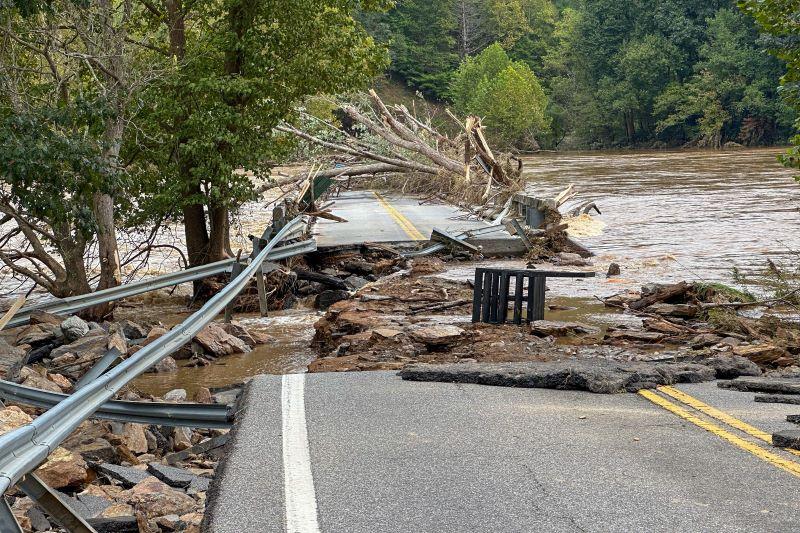-

Hear from Professor Monica Toft
Learn how Professor Monica Toft is shaping the study of global affairs and diplomacy at Fletcher.
Hear from Prof. Toft -

Explore Fletcher academics in action
Fletcher Features offers insights, innovation, stories and expertise by scholars.
Get global insights -
Get application tips right from the source
Learn tips, tricks, and behind-the-scenes insights on applying to Fletcher from our admissions counselors.
Hear from Admissions -

Research that the world is talking about
Stay up to date on the latest research, innovation, and thought leadership from our newsroom.
Stay informed -
Meet Fletcherites and their stories
Get to know our vibrant community through news stories highlighting faculty, students, and alumni.
Meet Fletcherites -

Forge your future after Fletcher
Watch to see how Fletcher prepares global thinkers for success across industries.
See the impact -

Global insights and expertise, on demand.
Need a global affairs expert for a timely and insightful take? Fletcher faculty are available for media inquiries.
Get in Touch
Natural Disasters Raise Questions on Charitable Giving
At EconoFact, Michael Klein examines the economics of donations

In the wake of natural disasters like Hurricanes Helene and Milton, many Americans are eager to donate to causes that support community recovery and rebuilding.
When it comes to charitable giving, the United States is more generous than most. “Charitable giving in the U.S. as a percentage of national income, about 2%, is significantly higher than the comparable percentage in other rich countries,” writes Professor Michael Klein in his introduction to a recent episode of the EconoFact Chats podcast.
Klein notes that about two thirds of that figure comes from individuals and the remaining third from foundations or corporations. With charitable giving causing a significant amount of money to move, understanding the patterns and behaviors underneath it can provide valuable insight into the U.S. economy.
“It's something that a lot of people engage in,” he said. “The question is how do you decide who to give money to?”
Effective Altruism Offers an Economic Response
For many economists and frequent philanthropists, a logic to charitable giving resides in effective altruism.
Under effective altruism, one should give money to causes that are important, neglected, and where the results are tractable.
“[Effective altruists] are looking for the causes that are really valuable to the world that other people aren’t working on,” said Jonathan Meer, professor of economics at Texas A&M University, in a recent episode of the EconoFact Chats podcast.
The philosopher Peter Singer lives by these tenets. He says that one should not value anybody’s life more than anybody else’s. Thus, effective altruists may see that their contributions will go further overseas than they would at home, where the cost is likely higher.
“It's very admirable,” said Klein, “but for most of us, we value our family more than other people. We value our community more than places on the other side of the earth.”
Distributing Effective Disaster Relief
This philosophy can raise puzzling questions for people who are deciding in what ways to contribute to relief efforts at home in response to natural disasters. Many people feel greater urgency to prioritize causes domestically. Meer cited evidence from the United Kingdom that following natural disasters, people didn’t necessarily reduce their charitable giving to other causes. Instead, many people behaved with flexibility, stepping up the amount they’re giving without cutting back on what they give elsewhere.
“People often respond very generously, whether to Hurricane Helene or some of the other terrible storms that we've had,” said Klein. “But then again, that happens more when it's a hurricane in the U.S. than a monsoon in India that has terrible effects as well. For the most part, people tend to focus on issues that are closer to home.”
Klein noted that the government has an important role to play in providing a social safety net, both for people who can’t afford the necessities of life and for disaster relief; in the absence of government support, charitable causes may only be able to provide relief to the people within their gambit. Simultaneously, he sees that charity plays an important role over and above what the government does.
Alternative, Altruistic Considerations
Many students or young professionals may also wonder what impact they can have while they’re just getting started financially.
“In economics, there’s the life cycle hypothesis of your income,” said Klein. “When you're just getting by, and you really can't do much in terms of giving, you can start a pattern. As your economic fortunes improve, you can give more. Giving now can start the pattern and reinforce that it should be part of the way you live.”
Such practices can make ripples both far and wide. On one hand, there is a cumulative effect to smaller donations. On the other, these habits can encourage people to develop a practice of charitable giving throughout life.
“It makes you think about situations other than your own,” he added. “That kind of empathy, I think, is important to foster in people. Even if the monetary amount isn't huge, the fact that it makes you more empathetic, I think, can be very important.”
Read more about Fletcher’s MALD International Development and Economics degree program.

